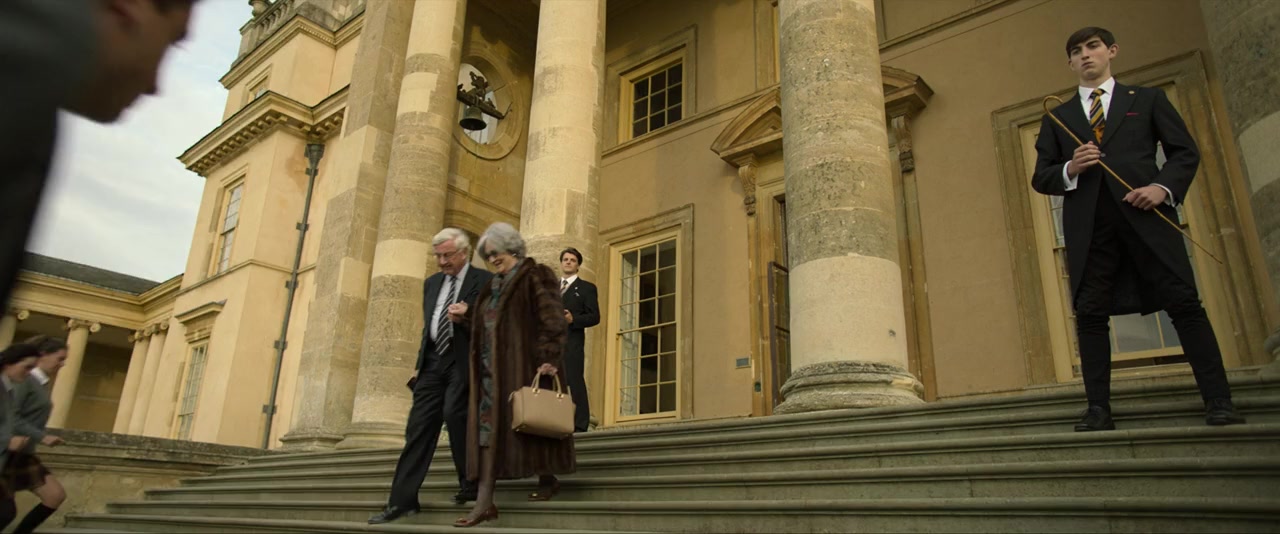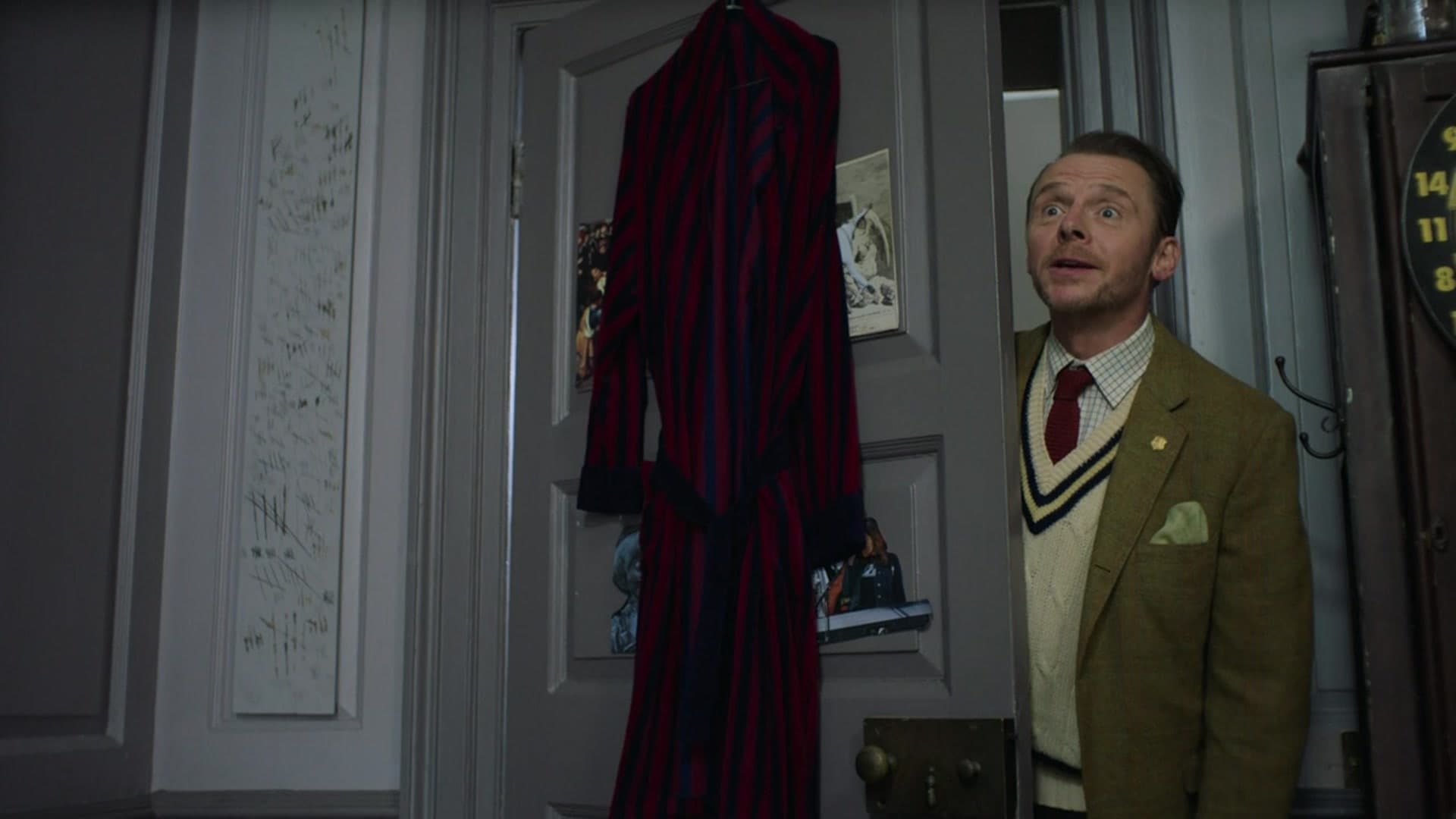Let's cut to the chase, movie buffs. If you're here, you're probably wondering what makes a film truly unforgettable. Well, buckle up because we're diving deep into the world of cinema with the 5 movie rulez that have shaped the industry. Whether you're a casual viewer or a hardcore cinephile, these rules will redefine how you watch movies. Let's get rolling!
There’s something magical about movies. They transport us to different worlds, make us feel emotions we didn’t know we had, and sometimes even change our lives. But have you ever thought about what makes a movie truly great? It’s not just about big budgets or famous actors. There’s a science behind it, and today, we’re breaking it down for you.
Now, before we dive into the rulez, let’s set the scene. Movies have been around for over a century, and in that time, they’ve evolved in ways no one could’ve predicted. From silent films to blockbusters, the industry has seen it all. But one thing remains constant: the power of storytelling. So, without further ado, let’s talk about the 5 movie rulez that’ll make you rethink your next binge-watch.
Read also:Revalue Iqd Is Live At 347 To The Usd What It Means For Iraq And Beyond
Rule #1: Story is King
Listen up, folks. No matter how flashy the effects are or how famous the cast is, if the story isn’t solid, the movie’s gonna crash and burn. Think about it. The best movies, the ones that stick with you long after the credits roll, have stories that resonate on a deep level. They’re not just about entertainment; they’re about connection.
Take "The Godfather," for example. Sure, Marlon Brando and Al Pacino are legends, but the real star of the show is the story. It’s a tale of family, power, and betrayal that still resonates with audiences today. Why? Because the story is universal. It’s something everyone can relate to, no matter where they come from.
Why Story Matters
Here’s the deal. A good story does more than just entertain. It makes you think. It challenges you. It stays with you long after the movie’s over. That’s why movies like "Inception" and "Memento" are still talked about years after their release. They don’t just give you answers; they make you question everything.
So, what makes a great story? It’s simple, really. It needs a strong plot, well-developed characters, and a clear message. Without these elements, even the best director and cast can’t save a film.
Rule #2: Characters Drive the Action
You know what they say: "A movie is only as good as its characters." And they’re not wrong. Think about it. The most iconic movies of all time have characters that stick with you. Who can forget Tony Stark, Ellen Ripley, or Darth Vader? These characters aren’t just memorable; they’re real. They have flaws, strengths, and motivations that make them relatable.
But here’s the kicker. Great characters aren’t just about being likable. Sometimes, the best characters are the ones you love to hate. Take Hans Gruber from "Die Hard." He’s a villain, but he’s so well-written that you can’t help but admire his intelligence and charm. That’s the mark of a great character.
Read also:Kylie Kelce A Rising Star In The Spotlight
Building Believable Characters
So, how do filmmakers create characters that feel real? It’s all about depth. A character isn’t just defined by what they say or do; it’s about why they do it. Their backstory, their motivations, and their relationships all play a role in making them believable.
For example, look at "The Dark Knight." Heath Ledger’s performance as the Joker is legendary because he didn’t just play a villain; he played a force of chaos. His character was unpredictable, terrifying, and yet strangely human. That’s the power of a well-written character.
Rule #3: Directing is the Heartbeat
Let’s be real. A movie is only as good as its director. Think of the director as the conductor of an orchestra. They’re the ones who bring all the elements together to create a masterpiece. From camera angles to lighting to sound design, every decision they make affects the final product.
Take Quentin Tarantino, for instance. His style is unmistakable. Whether it’s "Pulp Fiction" or "Kill Bill," his films are filled with his signature quirks and flair. But it’s not just about style. It’s about vision. A great director knows how to bring a story to life in a way that feels fresh and original.
What Makes a Great Director?
Here’s the thing. A great director isn’t just someone who knows how to use a camera. They’re storytellers. They understand the nuances of human emotion and how to convey them on screen. They know how to balance action with quiet moments, how to build tension, and how to leave an impact.
For example, look at Christopher Nolan. His films are known for their complexity and depth. Whether it’s "Interstellar" or "Tenet," he challenges audiences to think and engage with his stories. That’s the mark of a great director.
Rule #4: Cinematography Sets the Mood
Okay, here’s where things get visual. Cinematography is the art of capturing a story on film. It’s not just about pointing a camera at the actors; it’s about creating a visual language that enhances the story. Think about it. The way a scene is shot can completely change how you feel about it.
Take "Blade Runner 2049," for example. The cinematography by Roger Deakins is nothing short of breathtaking. The way he uses light and shadow to create a dystopian world is simply stunning. It’s not just about looking pretty; it’s about adding depth and meaning to the story.
How Cinematography Works
So, how does cinematography affect a movie? It’s all about framing, lighting, and movement. A well-framed shot can draw your attention to a specific detail, while lighting can set the mood. And movement? Well, that’s where the magic happens. A well-choreographed camera movement can make a scene feel dynamic and engaging.
For example, look at "1917." The entire film is shot to look like one continuous take. It’s a technical marvel that immerses you in the story. You feel like you’re right there with the characters, experiencing everything they do. That’s the power of great cinematography.
Rule #5: Soundtrack Adds the Final Touch
Here’s the deal. A movie isn’t complete without a great soundtrack. Music has the power to evoke emotions, enhance tension, and even tell a story. Think about it. The iconic theme from "Jaws" instantly makes you think of a shark. The haunting score from "The Revenant" makes the harshness of nature feel even more real.
But it’s not just about the music. Sound effects play a crucial role too. From the sound of a spaceship taking off in "Star Wars" to the roar of a T-Rex in "Jurassic Park," sound design can make or break a movie.
Why Soundtrack Matters
Here’s the thing. A great soundtrack doesn’t just accompany a movie; it elevates it. It adds layers of meaning and emotion that words alone can’t convey. Take Hans Zimmer, for example. His scores for films like "Inception" and "Dunkirk" are so immersive that they become part of the story itself.
And let’s not forget sound effects. They’re often overlooked, but they’re just as important. The rustle of leaves, the creak of a door, the sound of rain—all these little details add to the realism of a film. Without them, even the best movie would feel flat.
Biography of a Filmmaker
Now, let’s take a moment to talk about one of the most influential filmmakers of all time: Steven Spielberg. Born on December 18, 1946, in Cincinnati, Ohio, Spielberg has been shaping the film industry for over five decades.
Data Pribadi Steven Spielberg
| Name | Steven Spielberg |
|---|---|
| Birth Date | December 18, 1946 |
| Place of Birth | Cincinnati, Ohio |
| Occupation | Filmmaker, Producer, Director |
| Notable Works | Jaws, E.T. the Extra-Terrestrial, Jurassic Park, Schindler's List |
Spielberg’s career is a testament to the power of storytelling. From his early days directing TV shows to his current status as one of the most successful directors in history, he’s proven time and time again that great movies are built on great stories.
Top 5 Movies to Watch
Now that we’ve talked about the rulez, let’s talk about some movies you need to watch. Here’s our list of the top 5 movies that follow the 5 movie rulez:
- The Godfather
- Inception
- The Dark Knight
- Blade Runner 2049
- 1917
These films are perfect examples of how the 5 movie rulez come together to create unforgettable experiences. Whether you’re a fan of action, drama, or sci-fi, these movies have something for everyone.
Conclusion
So, there you have it. The 5 movie rulez that define great cinema. From storytelling to characters, direction to cinematography, and soundtrack, every element plays a crucial role in making a movie unforgettable. Remember, the next time you watch a film, pay attention to these rulez. You’ll be amazed at how they shape your experience.
Now, it’s your turn. Have you seen any of the movies we mentioned? Which one is your favorite? Let us know in the comments below. And if you found this article helpful, don’t forget to share it with your friends. Who knows? You might just inspire someone to watch a great movie tonight!
Table of Contents


